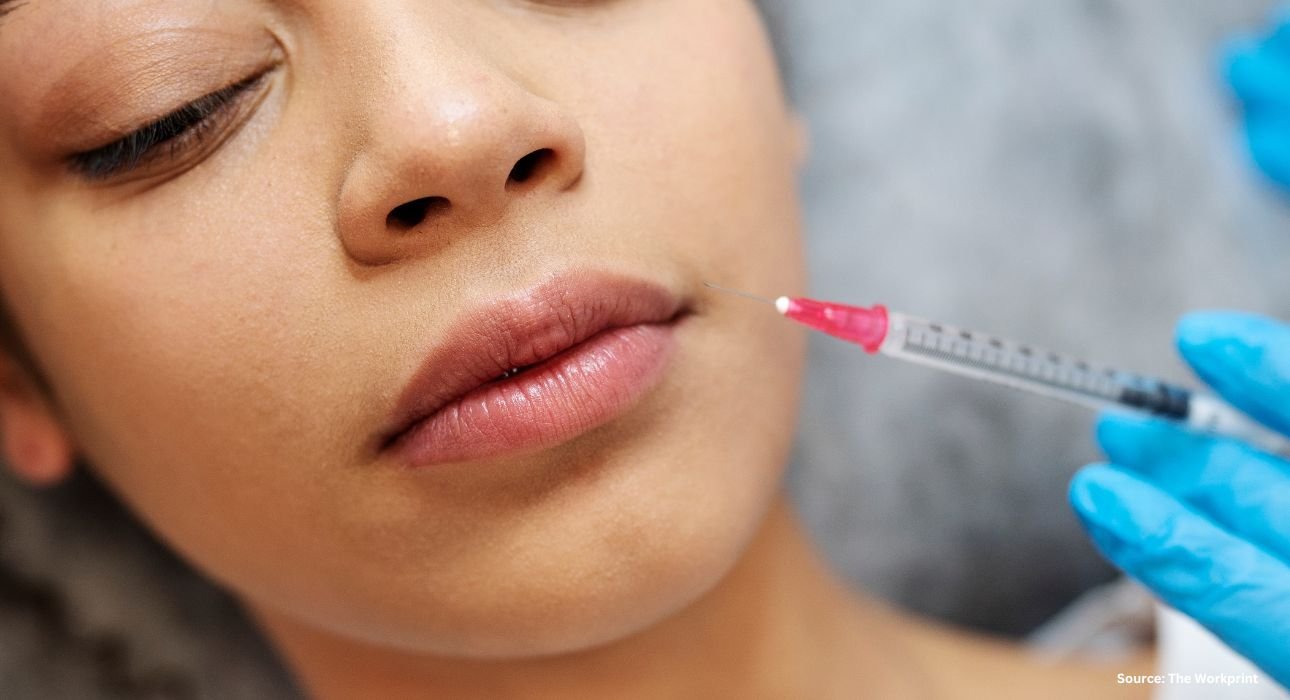Changing your physical appearance through cosmetic surgery is personal. It involves a wide array of emotions during and after your procedure. Just as you ready yourself for the surgical downtime, anticipate the emotional aspects of your recovery. Full recovery and seeing the final results can take several months to about a year, depending on the type and extent of the procedure and your aesthetic goals. Experiencing a variety of emotions during this time is completely normal. Here is how to recover emotionally from cosmetic surgery.
Adopt an Optimistic Perspective
Getting ready for and recuperating from cosmetic plastic surgery involves both emotional and physical challenges, making a positive mindset crucial for both patients and their families before and after the procedure. Beyond the physical recovery process, which includes managing the stress of aftercare and medication, patients often feel vulnerable and emotionally exhausted post-surgery. They might experience fluctuating emotions, such as regret, uncertainty, and fear over their decision. Even the most resilient individuals can find the surgical journey deeply unsettling.
Locate a Surgeon You Can Rely On
Only the leading plastic surgeons in your area will have board certification, signifying that they have undergone extensive and rigorous training to excel in their specialty and possess more experience than other surgeons. This certification is crucial and offers you increased peace of mind. Prepare a list of questions for your initial consultation to evaluate how the surgeon responds and makes you feel comfortable.
A strong first impression can indicate if they are suitable for you. An excellent surgeon will acknowledge the emotional challenges of recovering from plastic surgery. They will assist you in preparing effectively for a smooth experience. Regardless of your surgeon’s skills, your emotional and physical recovery is your responsibility.
Recovery might be more challenging and take longer than anticipated, and that’s perfectly fine. You must ensure a successful recovery by committing to preparation for the surgery now. You can trust facelifts by Dr Jay Calvert, a board-certified plastic surgeon, to help you embrace your new look and boost your confidence.
A Strong Support Network Enhances Recovery
Patients’ and their families’ mental and emotional well-being significantly influences recovery after surgery. Individuals who maintain a positive outlook and have robust support systems tend to hold more realistic expectations and are generally more satisfied with their outcomes. Conversely, those who harbor resentment or lack emotional and mental support from family may experience less satisfaction.
Scientific evidence supports this, indicating that stress and anxiety can hinder healing by causing blood vessels to constrict and releasing stress hormones like cortisol into the bloodstream. This stress, whether due to internal anxiety or external pressures from personal or work life, can notably delay the healing of surgical incisions in cosmetic procedures.
Take it Easy and Don’t Do too Much
Taking care of your surgical wounds is crucial. Avoid activities or movements that might slow down the healing process. For example, even a minor bump or improper movement when lifting children or reaching for items can interfere with healing. Instruct your children to be gentle, and avoid heavy lifting, reaching, or intense exercise for at least a week, or even several months, depending on your specific surgery. Your surgeon will provide personalized advice. Rest is your friend during this time, so ensure you get the needed recovery time.
Endnote
Undergoing plastic surgery is an extensive journey filled with a range of emotions. Remember that what you feel at each stage is entirely normal. Finding a plastic surgery team that comprehends your experience and provides unwavering support throughout is essential.













Leave feedback about this